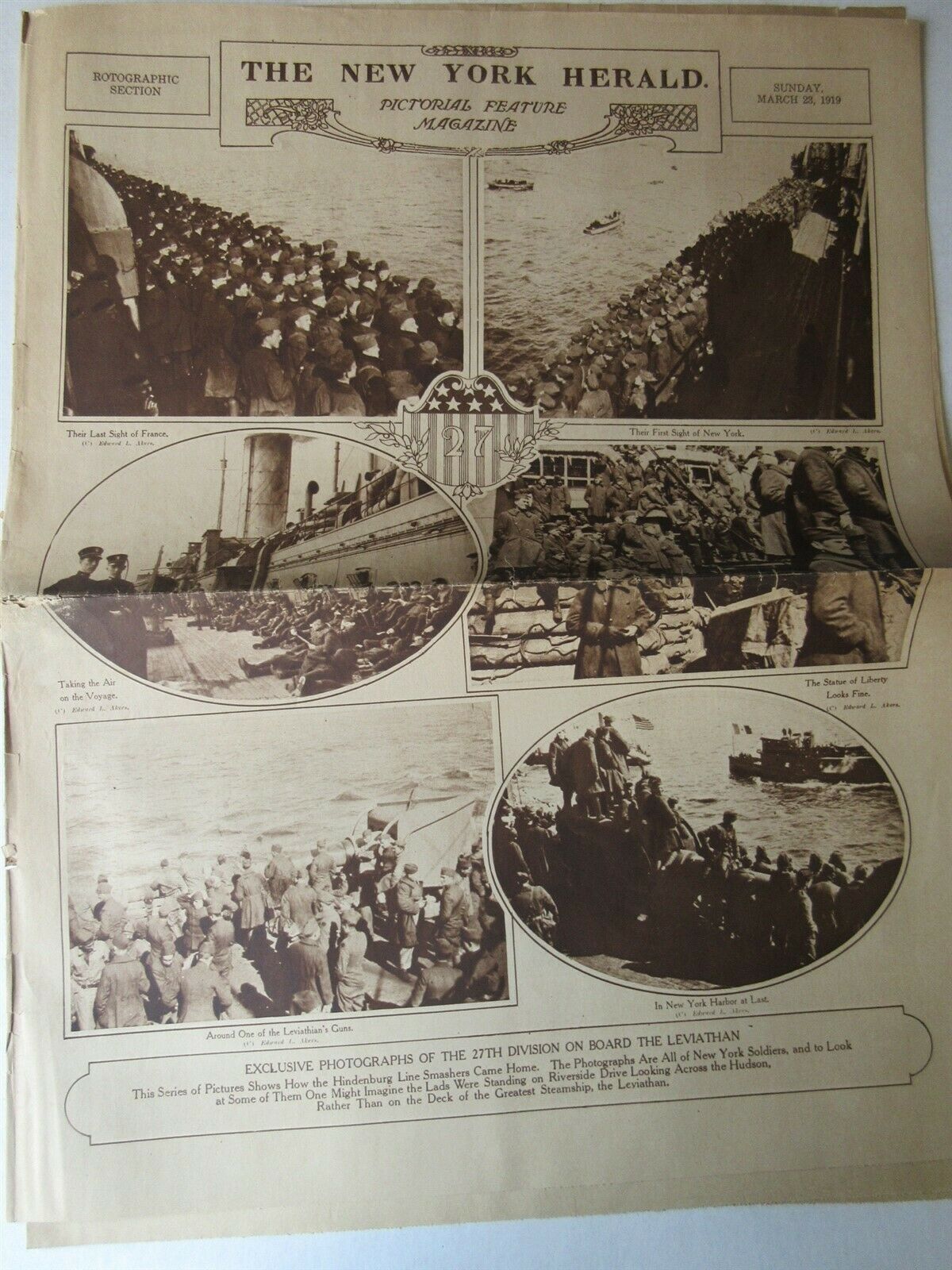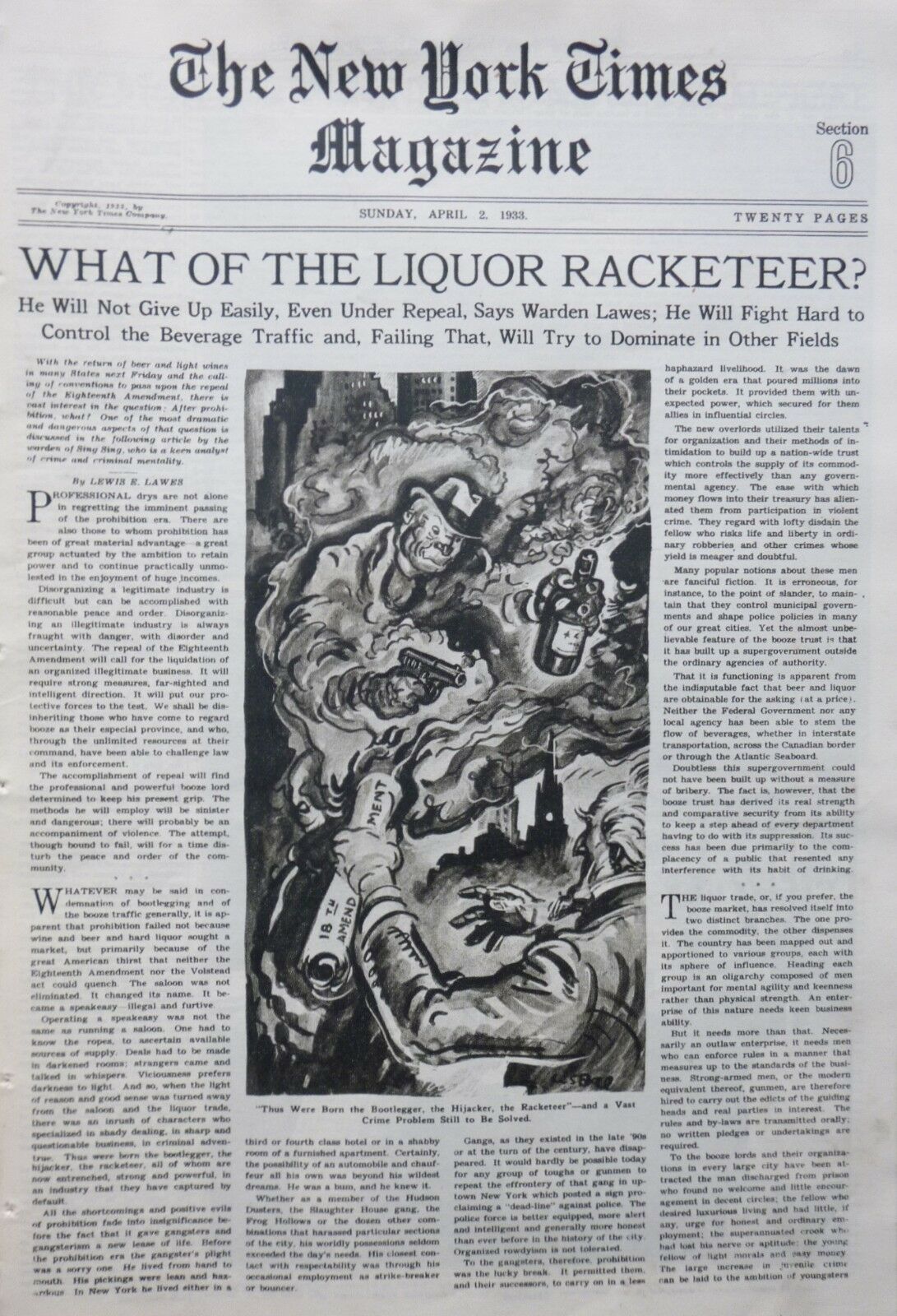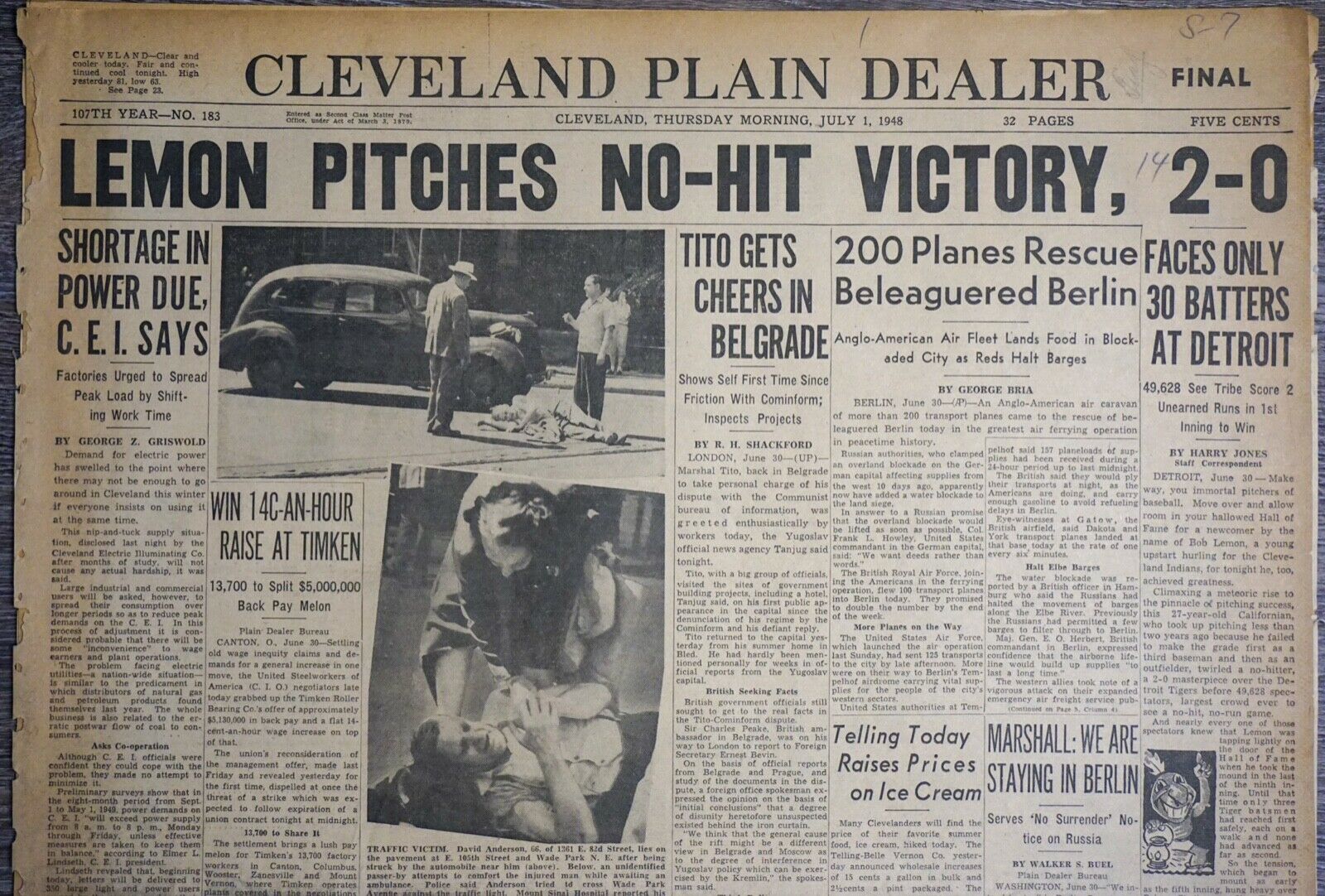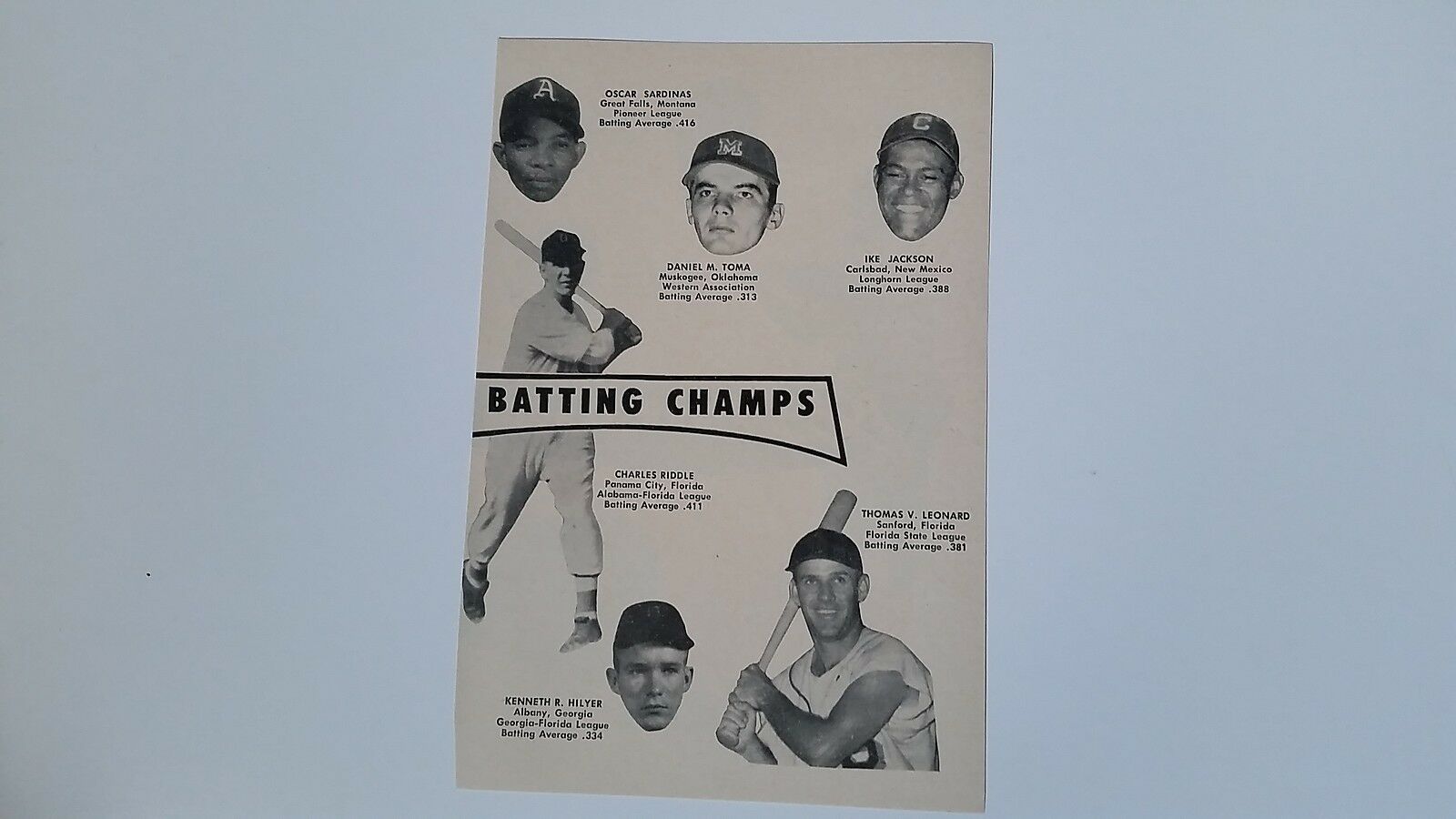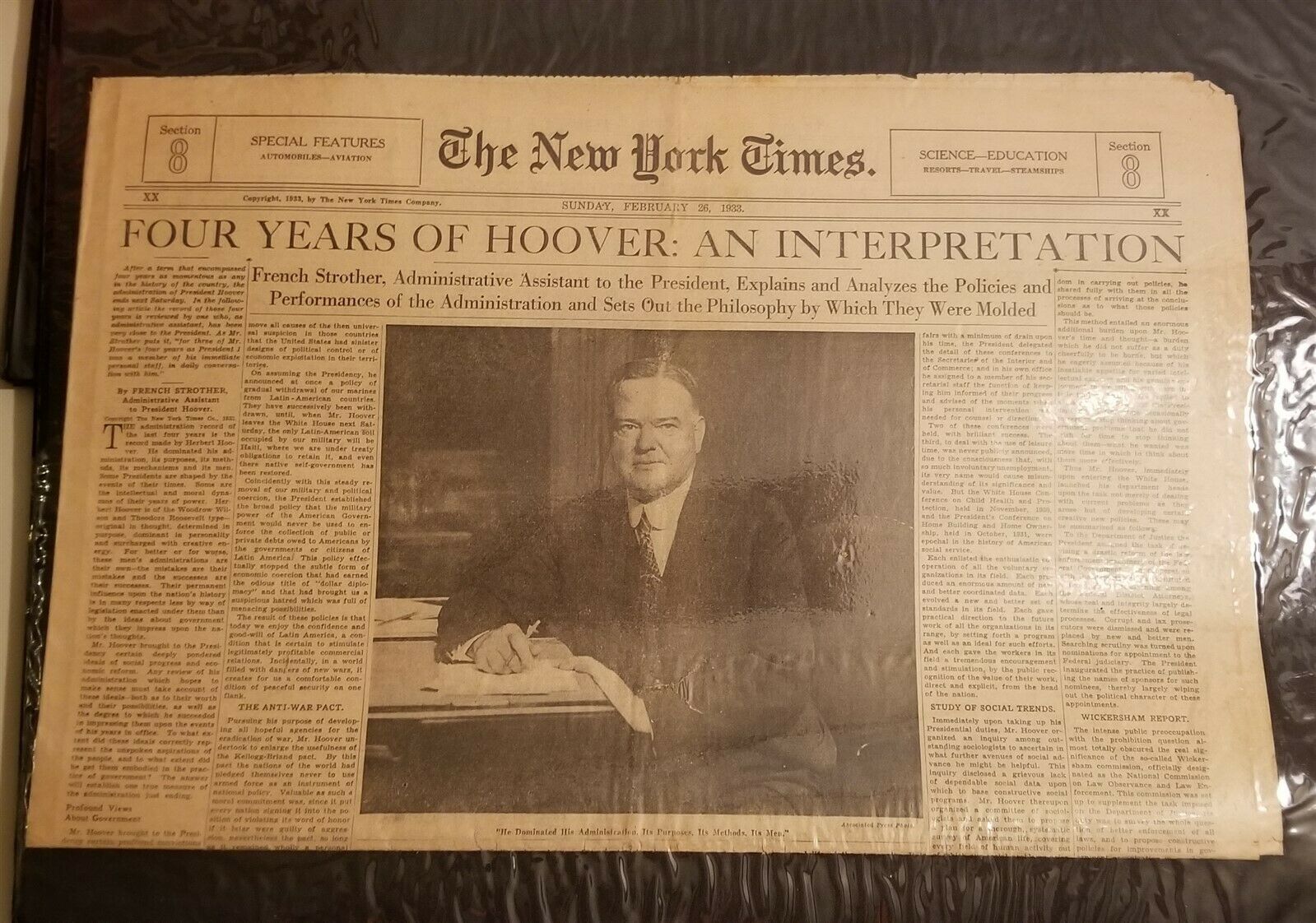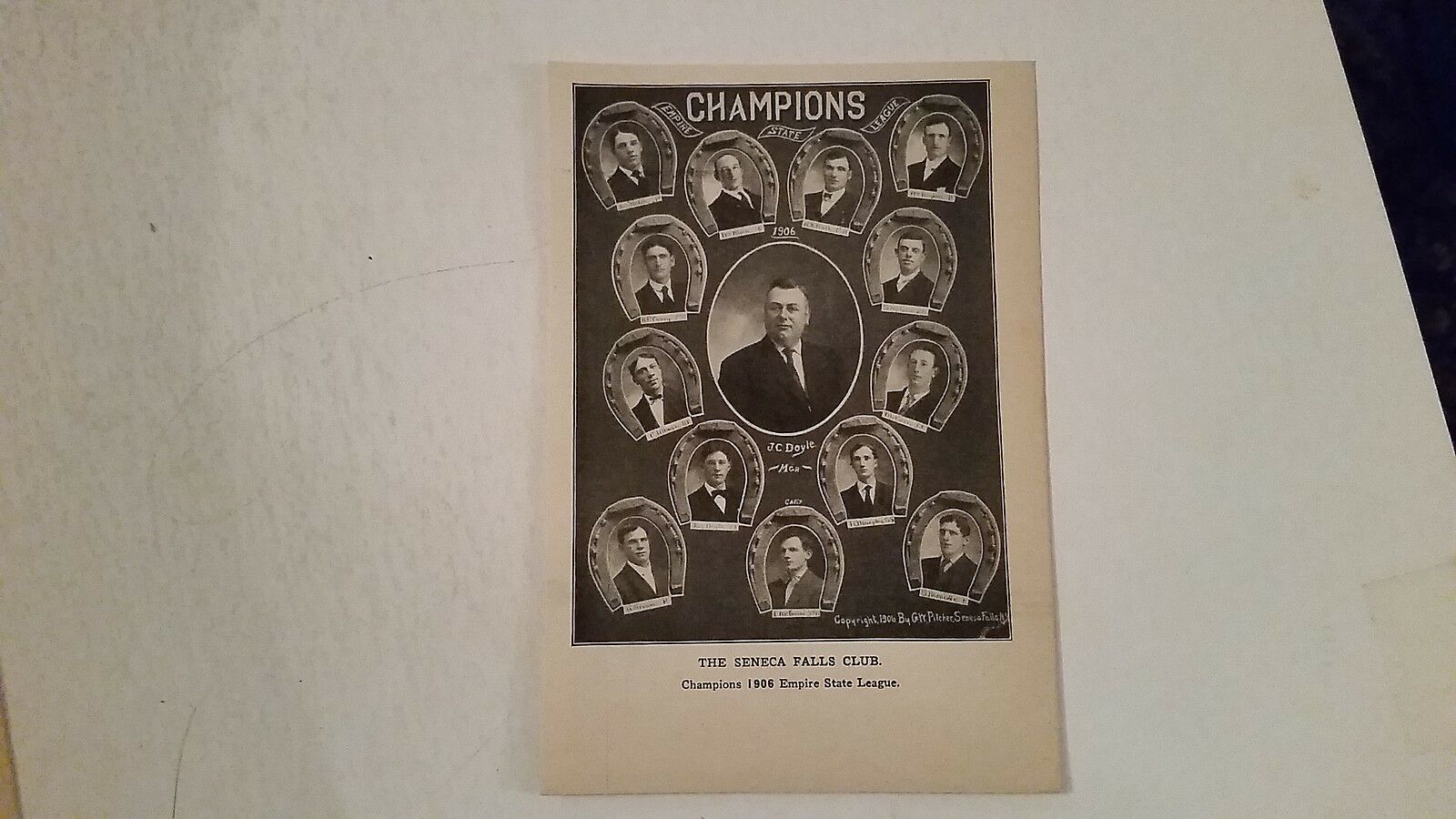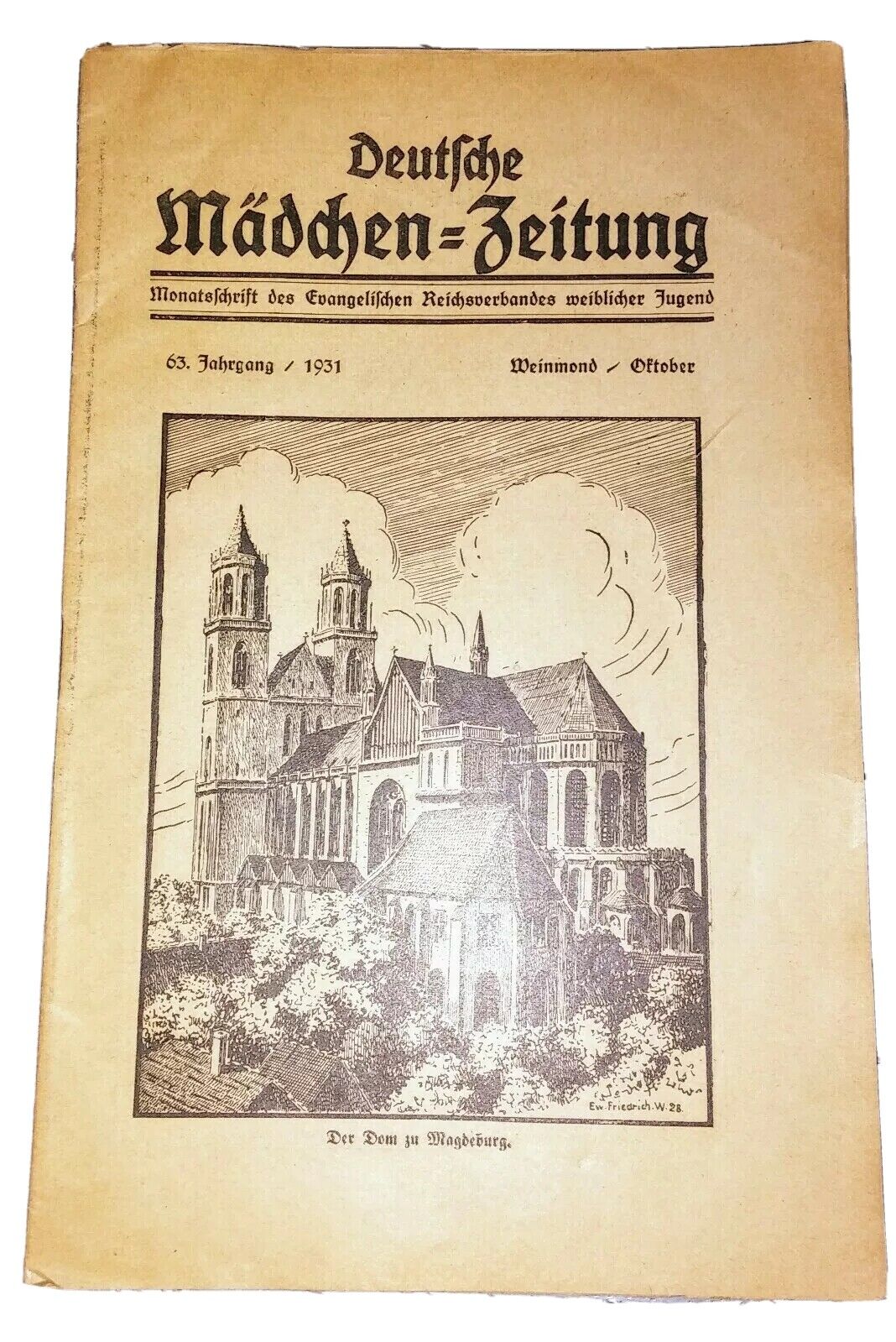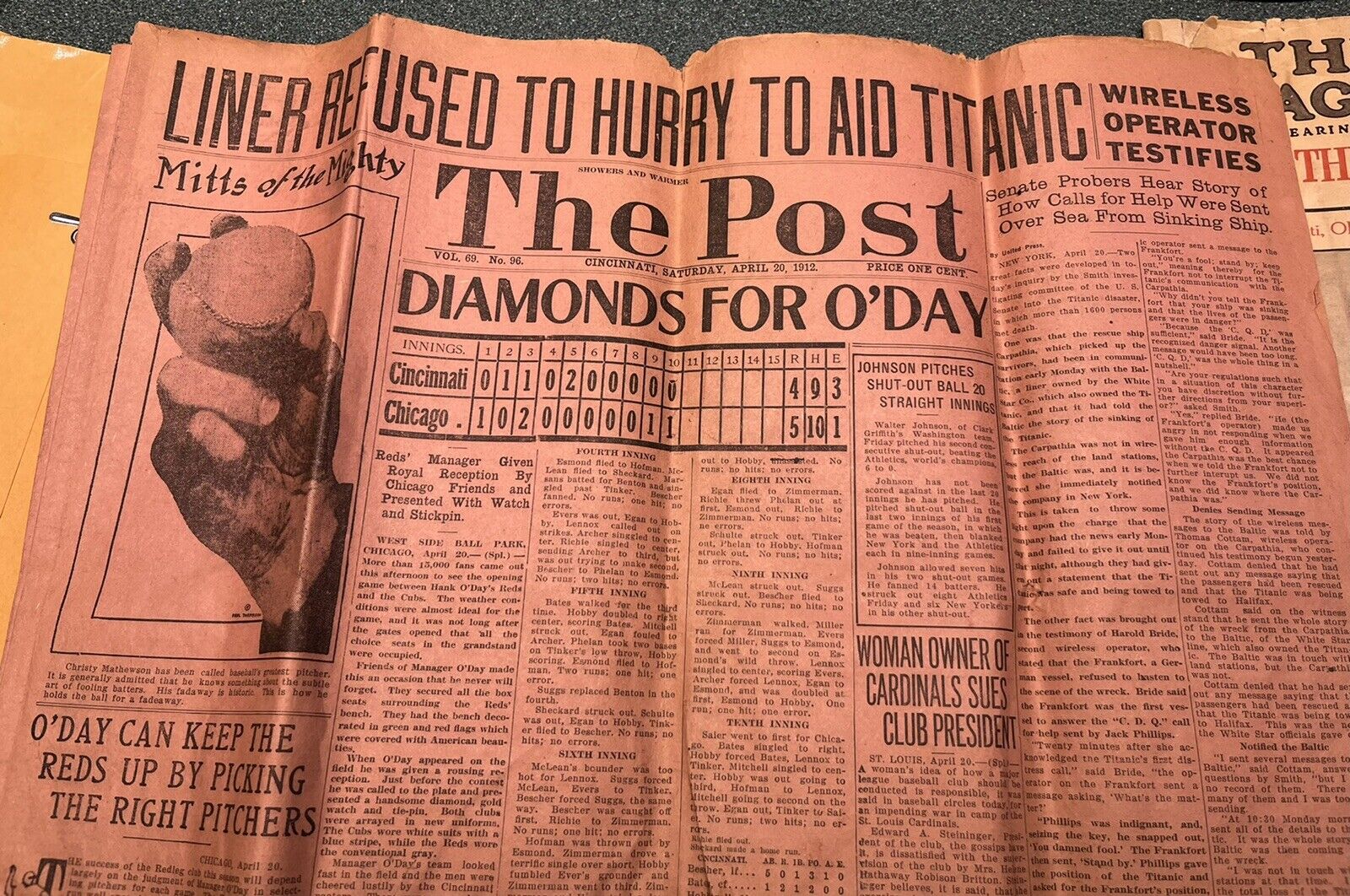-40%
1914 Juneau ALASKA newspaper JACK JOHNSON WINS HEAVYWEIGHT BOXING CHAMPIONSHIP
$ 21.12
- Description
- Size Guide
Description
1914 Juneau ALASKA newspaper JACK JOHNSON WINS HEAVYWEIGHT BOXING CHAMPIONSHIP1914 Juneau ALASKA newspaper NEGR0 JACK JOHNSON WINS the WORLD HEAVYWEIGHT BOXING CHAMPIONSHIP
- inv # 5U-221
Please visit our
EBAY STORE
for THOUSANDS MORE HISTORICAL NEWSPAPERS for SALE or at auction
SEE PHOTO(s) - An ORIGINAL front page of a NEWSPAPER, the
Daily Alaska Dispatch
(Juneau, ALASKA TERRITORY) dated June 28, 1914. This original newspaper front page contains prominent front page "stacked" headlines and coverage of NEGR0 Boxer JACK JOHNSON winning the World Boxing Championship by defeating FRANK MORAN in Paris, FRANCE.
John Arthur Johnson (March 31, 1878 – June 10, 1946), nicknamed the "Galveston Giant", was an American boxer who, at the height of the Jim Crow era, became the first African American world heavyweight boxing champion (1908–1915). Widely regarded as one of the most influential boxers of all time, one of the period's most dominant champions, and as a boxing legend, his 1910 fight against James J. Jeffries was dubbed the "fight of the century". According to filmmaker Ken Burns, "for more than thirteen years, Jack Johnson was the most famous and the most notorious African-American on Earth". Transcending boxing, he became part of the culture and history of racism in the United States.
In 1912, Johnson opened a successful and luxurious "black and tan" (desegregated) restaurant and nightclub, which in part was run by his wife, a white woman. Major newspapers of the time soon claimed that Johnson was attacked by the government only after he became famous as a black man married to a white woman, and was linked to other white women.[8] Johnson was arrested on charges of violating the Mann Act—forbidding one to transport a woman across state lines for "immoral purposes"—a racially motivated charge that embroiled him in controversy for his relationships, including marriages, with white women. Sentenced to a year in prison, Johnson fled the country and fought boxing matches abroad for seven years until 1920 when he served his sentence at the federal penitentiary at Leavenworth.
Jack Johnson, the first Negro heavyweight champion of the world, arrived in Europe in July of 1913 as a fugitive from a jail sentence for technical violation of the Mann Act in the U.S. He was accompanied by his third wife, Lucille Cameron Johnson, and his nephew and factotum, Gus Rhodes. Johnson had a vaudeville act in which he clowned and played the bass fiddle, in addition to sparring and bag punching, and was undoubtedly a much better entertainer than the average pugilist who took to the stage. He also had delusions of grandeur and a strong tendency to overestimate his popularity and to mistake mere curiosity for admiration. But even Johnson began to get the message of disapproval when he was heckled at the South London Music Hall and heard the savage booing of the audience at the Euston Theater of Varieties. And at Wolverhampton his entire act was canceled on the protest of the local Free Church congregation.
In the face of such discouragement Johnson decided to abandon the theater for a while and meet a suitable challenger in the ring. But it was not until the following year, when he met Dan McKetrick, that he found a promoter whom he considered trustworthy. McKetrick was a high-strung Irish-American who was staging fights in Paris under the corporate title of La Société pour la Propagation de la Boxe Francaise. He suggested that Jack take on Francis Charles Moran, a red-haired young man from Pittsburgh who had served a hitch in the Navy. Moran had beaten some reasonably good fighters and was feared for his devastating right swing, which was known as "the old Mary Ann." Johnson signed articles for the fight at a bottle-loaded café table in the Bois de Boulogne.
McKetrick's temper, not smooth at the best of times, was continually abraded during the promotion of this fight. For one thing, the French journalists raised a cry of "Qui est Moran?" and refused to publish McKetrick's propaganda until he agreed to distribute ,600 among them.
The promoter was even more displeased when Moran went to the U.S. and brought back Ike Dorgan, brother of Hearst Cartoonist Tad, as his personal manager. Dan McKetrick had special reasons for wanting to continue as sole director of Moran's career. He called the boxer into conference.
"Let's sign a contract, Frank," McKetrick said.
"I don't need no contract," Moran replied.
"Well, I do!" cried McKetrick, quickly coming to a boil.
"I'm sorry," Moran said. "When I left the Navy I took an oath never to sign no papers."
"You took an oath!" screamed McKetrick. "What if I take a punch at your head!"
"You've got more sense than that," said Moran, but McKetrick went away fuming. The truth is that the promoter was convinced Johnson was finished as a fighter and that Moran could beat him and would then be worth "a fortune of money." He was further convinced of this when Johnson, out after some extra money before the Moran bout, broke a small bone in his left arm while fighting a heavyweight named Battling Jim Johnson. McKetrick could not endure the thought of Ike Dorgan cutting in on his expected bonanza. In this implacable mood, McKetrick decided that nobody would get anything until matters were arranged as he wanted them. Using a claim against Moran for a ,497 advance as legal excuse, he instructed a French lawyer to tie up the entire amount in the box office the minute the fight was over.
When the fight took place, before a fashionable audience at the Vélodrome d'Hiver, McKetrick saw he had been terribly mistaken about Moran's chances. It was true that Johnson was not in first-rate condition, but his superlative defense held up, and he was able to evade the dreaded Mary Ann and give Moran a severe beating without the full use of his left arm. Johnson had a rather preoccupied air, for he had heard rumors of writs and lawyers and knew but too well that this always meant trouble. And, as he feared, he was told after the fight that French police had grabbed the money and taken it away.
"Goodby, money, you're going to be long gone," Johnson muttered, shaking his head, and drove out to his villa in suburban Asnieres-sur-Seine for a victory banquet of chicken, lobster, whisky and champagne, all obtained on credit. These events took place on the night of June 27, 1914. Next day, in the provincial Bosnian town of Sarajevo, a political assassin shot the Austrian Archduke Francis Ferdinand. Within 48 hours McKetrick's lawyer was called to military service, and in the excitement he left without giving his client the necessary papers to get the funds out of the Bank of France. When McKetrick cooled down and applied for the money the bank officials told him they had no authority to release it. It had taken McKetrick four weeks to get into a mood to talk business, and by this time World War I had broken out; and so the settlement would have to wait until the lawyer could get back to Paris on a furlough. But that brave man, unhappily, was killed in one of the first engagements, and to this day not a single sou of the gate receipts has ever been sprung. And so the Johnson-Moran match must be recorded as history's only world heavyweight championship fight in which the contestants worked without pay.
Very good condition. This listing includes the original newspaper front page, NOT the entire newspaper. STEPHEN A. GOLDMAN HISTORICAL NEWSPAPERS stands behind all of the items that we sell with a no questions asked, money back guarantee. Every item we sell is an original newspaper printed on the date indicated at the beginning of its description. U.S. buyers pay priority mail postage which includes waterproof plastic and a heavy cardboard flat to protect the purchased item from damage in the mail. Upon request by the buyer, we can ship by USPS Media Mail to reduce postage cost; however, please be aware that USPS Media Mail can be very slow in its time of transit to the buyer. International postage is quoted when we are informed as to where the package is to be sent. We do combine postage (to reduce postage costs) for multiple purchases sent in the same package.
We list thousands of rare newspapers with dates from 1570 through 2004 on Ebay each week. This is truly SIX CENTURIES OF HISTORY that YOU CAN OWN!
Stephen A. Goldman Historical Newspapers has been in the business of buying and selling historical newspapers for over 50 years. Dr. Goldman is a consultant to the Freedom Forum Newseum and a member of the American Antiquarian Society. You can buy with confidence from us, knowing that we stand behind all of our historical items with a 100% money back guarantee. Let our 50+ years of experience work for YOU ! We have hundreds of thousands of historical newspapers (and their very early precursors) for sale.
Stephen A. Goldman Historical Newspapers
has been in the business of buying and selling historical newspapers for over 50 years. We are located in the charming Maryland Eastern Shore town of OXFORD, Maryland.
Dr. Goldman is a consultant to the Freedom Forum Newseum and a member of the American Antiquarian Society. You can buy with confidence from us, knowing that we stand behind all of our historical items with a 100% money back guarantee. Let our 50+ years of experience work for YOU ! We have hundreds of thousands of historical newspapers (and their very early precursors) for sale.
We invite customer requests for historical newspapers that are not yet located in our extensive Ebay listing of items. With an inventory of nearly a million historical newspapers (and their early precursors) we are likely have just the one
YOU
are searching for.
WE ARE ALSO ACTIVE BUYERS OF HISTORICAL NEWSPAPERS, including large and small personal collections, bound volumes, significant individual issues, or deaccessions from libraries and historical societies. IF YOU WANT TO SELL, WE WANT TO BUY !!!
Powered by SixBit's eCommerce Solution





